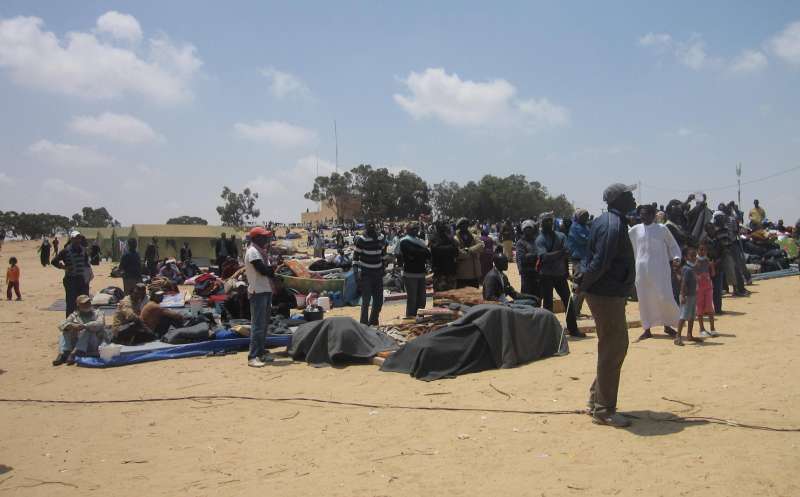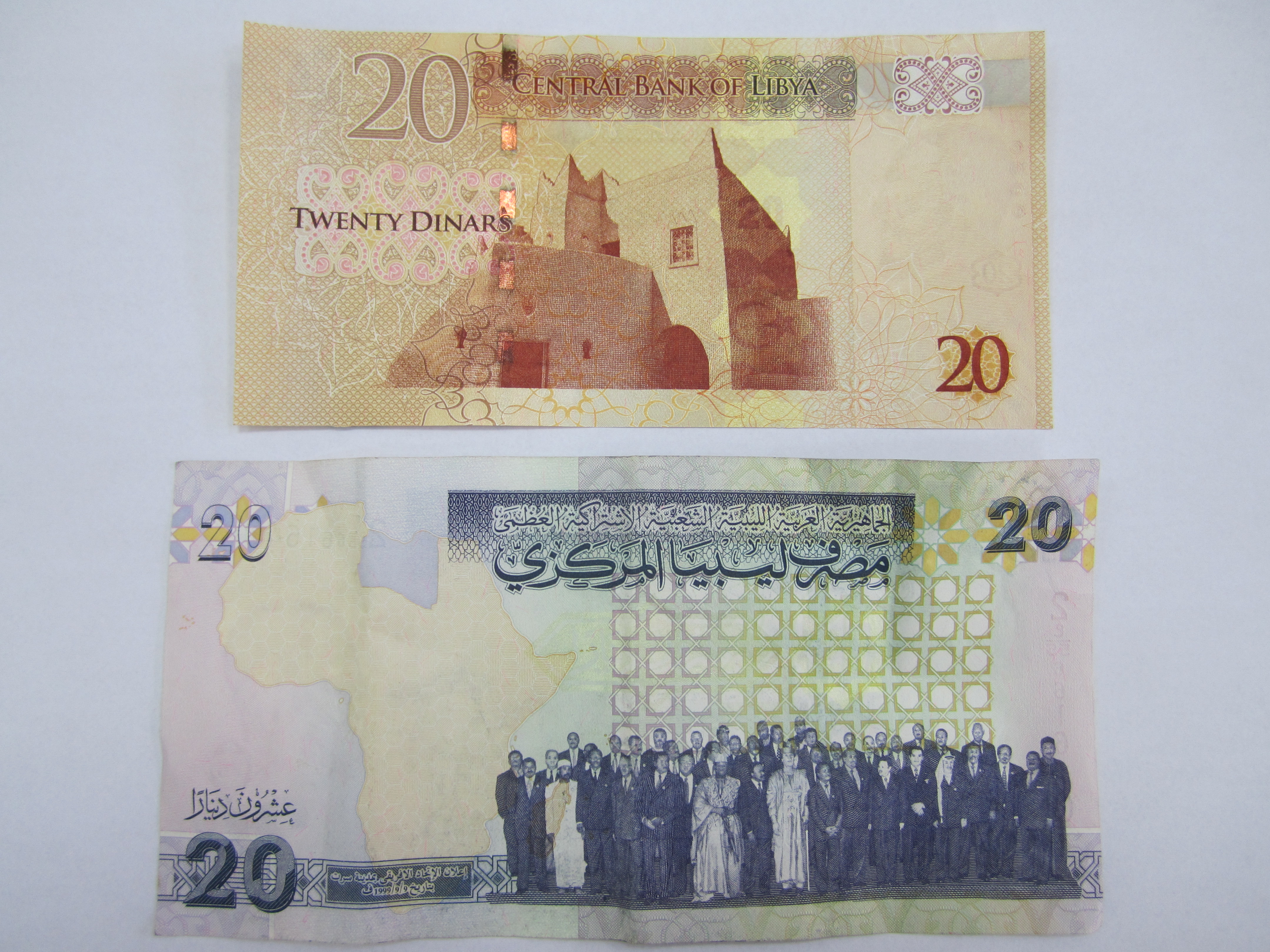By Houda Mzioudet.

Tripoli, 30 June 2013:
Some 650 refugees have refused to leave the Choucha refugee camp at the Tunisian-Libyan border, which . . .[restrict]officially closed today.
The United Nations refugee agency UNHCR announced the closure of the camp in March but many refugees have stayed on, despite water and electricity supplies being cut off. A Chadian resident, Mussa Ibrahim, confirmed that the camp is still open and continuing to house around 650 residents.
“The camp may be closed theoretically,” he said: “UNHCR said they closed it for administrative reasons, but they did it for media hype.”
He also told the Libya Herald that basic services have been reduced over the last week. The water, he said, was stopped today, forcing refugees to fetch water from neighbouring areas in Ben Guerdane.
Ibrahim said that the camp’s residents, especially asylum seekers who have had their applications rejected, are waiting for a satisfactory solution.
The Tunisian government’s earlier decision to integrate remaining camp residents into Tunisian society, or return them to Libya, was rejected by some refugees, who asked UNHCR to reconsider their demand to be resettled in Western countries. These individuals are apparently mainly from sub-Saharan Africa, Palestine and Iraq.
The Tunisian Ministry of Social Affairs, said Ibrahim, has started taking fingerprints from refugees, on a voluntary basis, in a move to grant some six-month residence permits. “This would also give us free movement in Tunisia,” Ibrahim explained, adding: “Until then, we cannot leave the camp.” However, his permit, which he needs to support his family, has not yet materialised.
Under the Tunisian resettlement programme, some residents, who were given $1,000 per month to help with housing costs, have already found jobs. Ibrahim said he was willing to integrate into Tunisian society and work like the 200 residents who have already been given the opportunity to do so.
Having fled the Libyan conflict in March 2011, Ibrahim’s wife gave birth to a son in the camp, making him the first child born in the Choucha camp.
“Luckily, I had the support of local and international NGOs which supported me financially right after the birth of my son. It was a symbolic gesture to help me support my family,” Ibrahim noted.
He has been living off that aid ever since.
Some residents in the camp have been working in the neighbouring towns of Ben Guerdan, Zarzis and Medenine, supporting themselves and their families, Ibrahim added. Since UNHCR announced its decision to close the camp, residents have been trying to avoid eviction by getting support from local authorities and international NGOs to help them continue living there until a solution has been found.
The closure of the camp has been condemned by Tunisian and human rights organisations, some of which have termed it a “breach of human rights.”
A number of refugees had staged protests at the camp’s proposed closure, including one in front of the EU delegation building in Tunis. Some have been on hunger strike. Many have complained that they have suffered from discrimination, including racial harrassment and name-calling, during their stay in Tunisia.
The camp was opened in March 2011, when thousands of foreign nationals fled the Libyan revolution. At its height, Choucha was receiving over 10,000 refugees a day. Most of the camp residents were either repatriated to their home countries or resettled in Western countries including Australia, the US and Germany. [/restrict]








